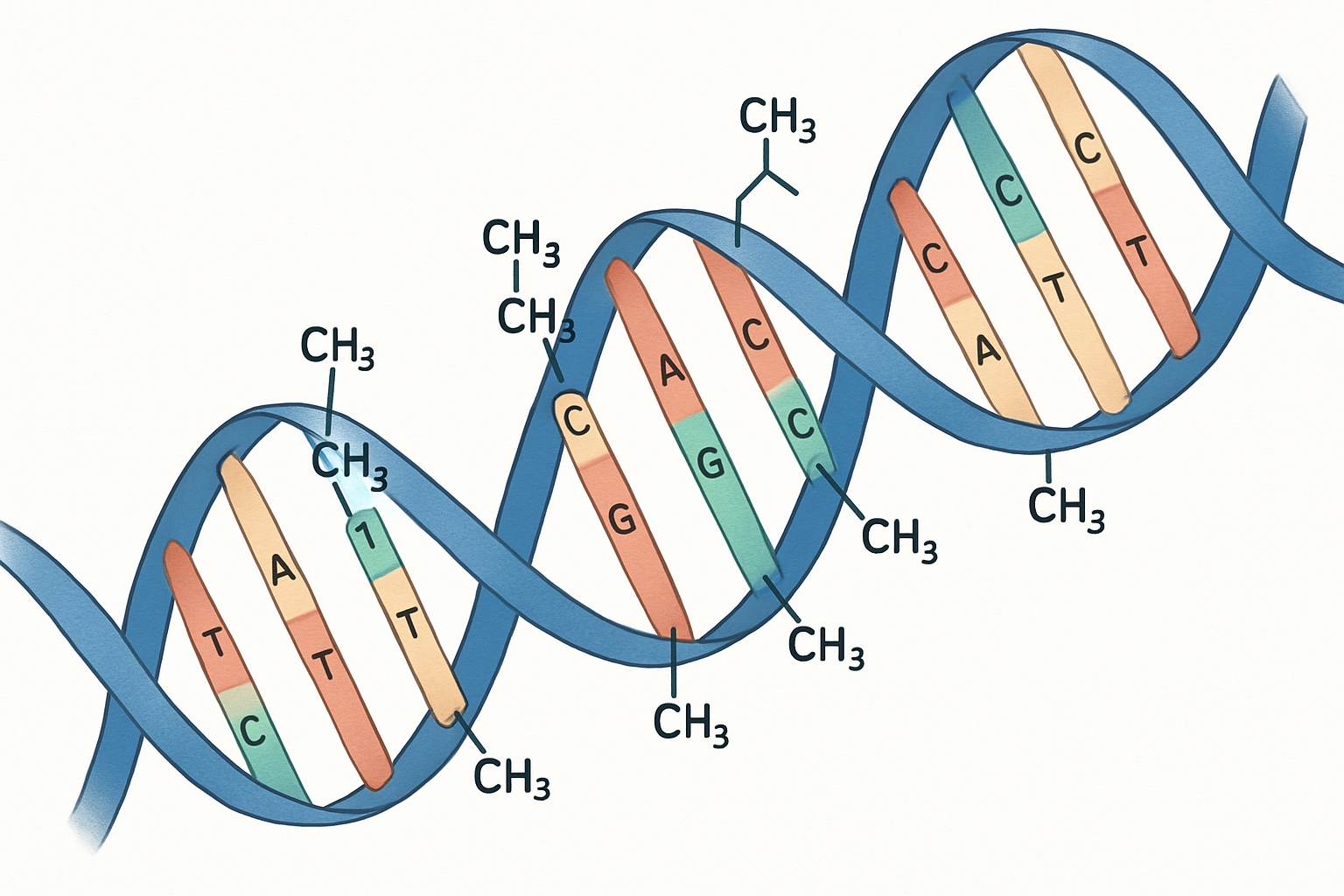A catalyst is a substance that facilitates and accelerates the rate of a chemical reaction without undergoing any permanent change itself during the reaction. Catalysts play a vital role in chemistry and are used to increase the speed and efficiency of various chemical processes in the laboratory and industrial applications.
Key points about catalysts include:
1. Reaction Acceleration: Catalysts function by lowering the activation energy required for a chemical reaction to occur. This effectively speeds up the reaction, allowing it to proceed more rapidly than it would in the absence of a catalyst.
2. Reusable: Unlike reactants that are consumed and transformed in a chemical reaction, a catalyst remains unchanged in terms of its chemical composition after the reaction is complete. This means that a catalyst can be used repeatedly for multiple reaction cycles.
3. Specificity: Catalysts are often highly specific to particular reactions. Each catalyst is designed to facilitate a specific chemical transformation or a class of reactions. This specificity allows for fine control over chemical processes.
4. Types of Catalysts: Catalysts can be categorized into two main types:
- Homogeneous Catalysts: These catalysts are in the same phase (e.g., liquid or gas) as the reactants.
- Heterogeneous Catalysts: These catalysts are in a different phase (e.g., solid) from the reactants. Heterogeneous catalysts are common in industrial applications.
5. Importance: Catalysts are used extensively in various industries, including petrochemical, pharmaceutical, and food production. They enable the production of numerous essential products, from fuels and chemicals to medications and polymers.
6. Environmental Benefits: Catalysts can promote cleaner and more energy-efficient processes. They are often employed to reduce the energy required for reactions and to minimize the formation of unwanted byproducts.
Examples of Catalysts:
- Enzymes: In biological systems, enzymes act as natural catalysts, facilitating biochemical reactions necessary for life processes.
- Platinum in Catalytic Converters: Platinum is used as a catalyst in catalytic converters in automobiles to convert harmful exhaust gases into less toxic emissions.
- Zeolites are solid materials with a well-defined structure used as catalysts in various chemical processes, including gasoline production.
In summary, a catalyst is a substance that expedites chemical reactions by lowering the activation energy required for the reaction to occur. It is a fundamental concept in chemistry and is instrumental in enhancing chemical processes’ efficiency and speed in laboratory and industrial settings. Catalysts are valued for their ability to accelerate reactions while remaining unchanged themselves, making them essential tools in various fields of science and industry.






